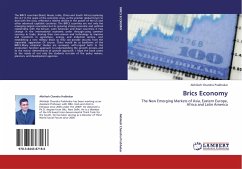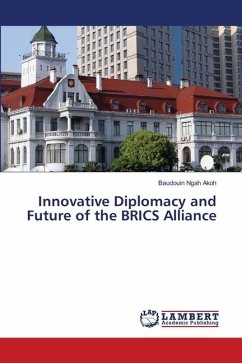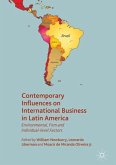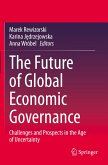The BRICS countries (Brazil, Russia, India, China and South Africa) replacing the G-7 in the wake of the economic crisis, as the premier global forum to deal with the crisis, reflected a relative decline in the power of the US and other advanced capitalist countries. The BRICS countries are not only the emerging largest economies but its growing strong economic and political relationship with the African, Latin American and Asian countries; it may change in the international economic order through using common currency in trade, sharing their own science and technology to improve and transform in agriculture, energy, and industrial sectors, and establishing a new military block so they can provide security from the imperialist aggression. Of course, China would be as backbone of the BRICS.Many empirical studies are surveyed, with regard both to the production function approach to understanding the growth process and to the macro- determinants of growth approach. I hope the book caters to the needs of not only the students but also of the policy makers, planners, and development agencies.
Bitte wählen Sie Ihr Anliegen aus.
Rechnungen
Retourenschein anfordern
Bestellstatus
Storno








